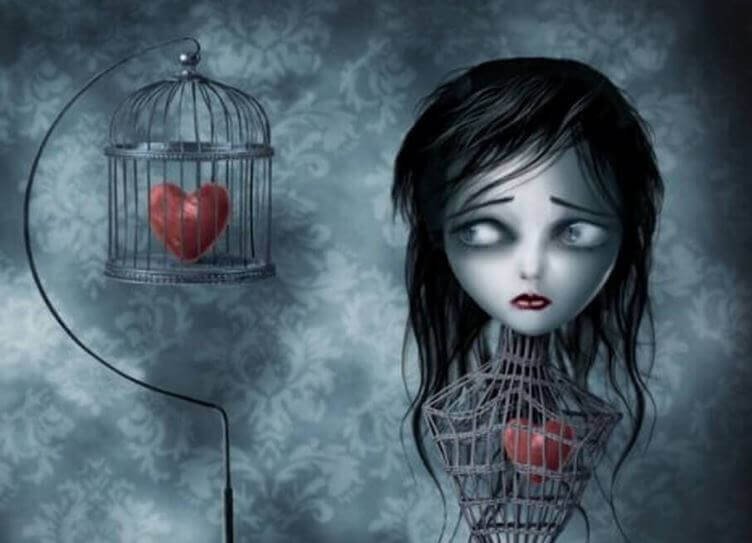
Narcissism, understood as the love towards oneself and the search for satisfaction that produces admiration, is present in parental relationships. The parents project in their children an enormous impulse to live and love; However, many times that impulse is mediated by their desires to a greater or lesser extent, tincturing the relationship of a non-egomaniacal narcissism, but yearning or expectant.
Habitually, literature and theory have dealt with how children interact with their parents. Therefore, it is difficult to find in the literature clear references to the narcissism present in parental relationships, understood as the view of the alien as their own or, what is the same, the look at the characteristics of the child as their own.
The first vestiges of interest in this phenomenon are found in Freud, who theorized the existence of the tendency to attribute all perfections to the son (it should be noted that he only dealt with the way in which the parents formed relationships with their children). This is sensed at the beginning of parental relationships when the baby becomes the majesty of the house.

Thus, the phenomenon "His Majesty the baby" is formed as a way to renew in the children the privileges that they imagine they had as children and had to leave. We observe that parents fill their children with privileges and considerations, deifying their qualities and then demand that the development of them be in accordance with their scheme.
That is to say, many parents end up projecting in their children "their ideal Self", offering them and themselves an "perfected and perfectionist" version of what they think they have been or would like to have been.
Let's say that we can understand that an ideal self is conceived in the children themselves, making them responsible for healing the frustrations and deepest desires of the parental child ego.

1. How is built?
The clinical experience leads professionals related to the field of parent-child relationships to delve into the unconscious narcissism present in them. In response to this, the psychoanalyst Juan Manzano tells us about the four essential elements that constitute this parental unconscious narcissism:
1. Screening of parents about the child
Projection on the part of the parents of own infantile aspects lived as abandoned or deficient. The father or mother who makes this projection do not want their son / daughter to lack what they longed for and desire; In turn, they see in their children the perfect representation of their ideal self. It is possible that this projection is, to a large extent, unconscious or that at least no explicit reflection of this is made.
2. Complementary identification of parents
The father or mother will consider his son as a part of himself or of his internal objects to a greater or lesser extent. That is to say, the parent is identified in such a way that the feeling of possession is exacerbated, thus hindering the construction of the child's self.

3. Specific purpose
As mentioned, the objective of this projection and complementary identification is the realization of satisfaction of a narcissistic nature. However, other purposes such as the denial of a loss can be added to the fulfillment of the desired profile.
4. A relational dynamics acted upon
The interaction is based on previously assigned roles, so it will surpass the imagination and shape the development of relational dynamics with other people and with itself. This creates a fictional profile that ends up becoming a reality.
In pathological cases, children can react in different ways. Sometimes, the roles that have been assigned to them are assumed, creating disorders later, which will cause the minor to rebel later because he feels abandoned. This feeling of abandonment is determined by the simple reason that the relationship between him / her and the parent does not exist or is scarce, since he already feels that his desires are not his, but are imposed by parental expectations.
